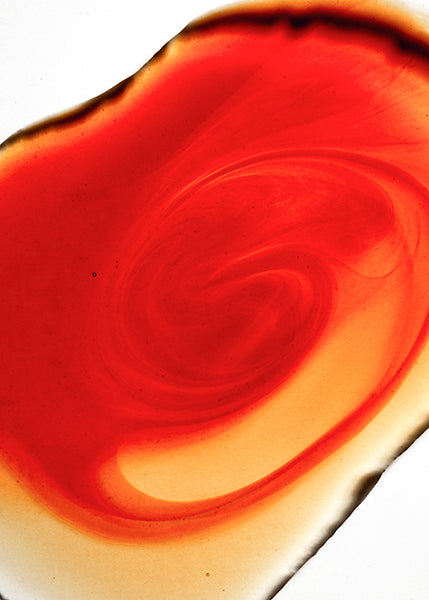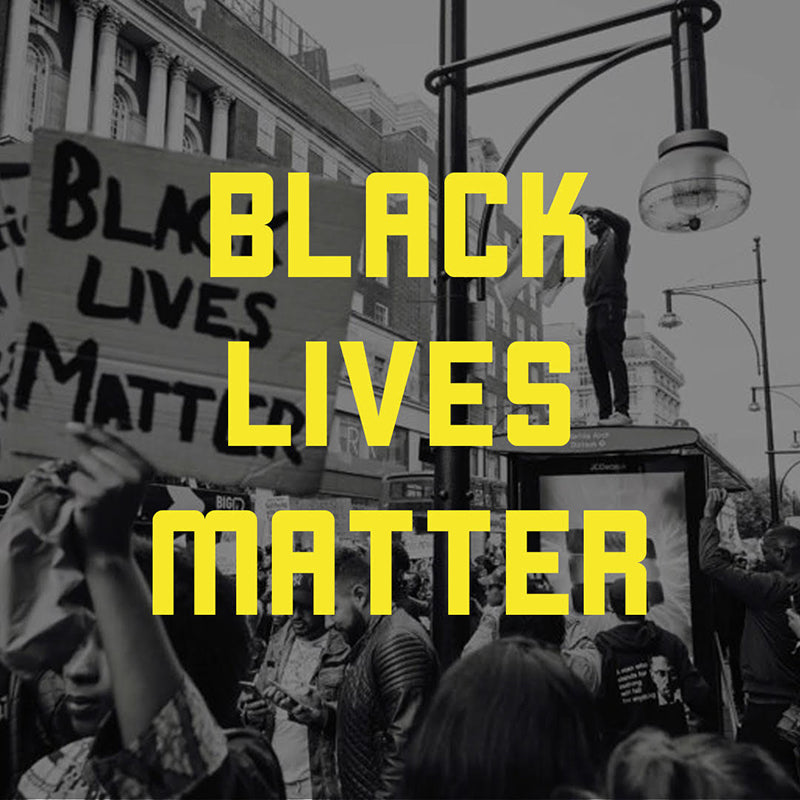Last month I wrote a piece about coping with loss from the Covid-19 pandemic and was moved by how many people found it relatable. When I dove into my grief journey in late 2017 learning about how varying the experience of loss can be and how many factors impact the way that grief is expressed--or repressed--helped me the most.
It’s been about two months since we were all undeniably impacted by the wrath of the ‘Rona, either physically, economically, mentally, or some combination of the three. To help you move through the next phase of this pandemic, we’ll explore compounding loss and cumulative grief, which is impacting a majority of folx right now.
Global Pandemic Phase One
To help us understand compounding loss, let’s first review what we’ve been dealing with.
The onslaught of news and social media about this novel virus became prominent in early 2020. Warnings of contagion, diminished supplies, and government shutdowns flooded our feeds. By Friday March 13th, you couldn’t buy a roll of toilet paper or walk into a grocery store without confronting masked and gloved shoppers frantically buying up ALL THE FOOD.
Then governments began shutting down businesses, schools, and parks left and right, putting people out of work, children out of school, and essential workers on the frontlines of stores, hospitals, warehouses, and delivery trucks.
Terms like quarantine, self-isolation, shelter-in-place, safer-at-home, and flattening the curve became part of everyday language in what felt like the blink of an eye. This new normal was just the beginning of a series of changes resulting in widespread loss with no end in sight.
Compounding Losses of Pandemic Proportions
To paint a clear picture of compounding loss, we can look to 3 distinct scenarios.
The owner of a boutique salon was forced to close and is now out of work, applying for SBA loans and trying to understand PPP benefits, fielding employee phone calls, and adjusting to being home. All. Day. Long. They have no control over their livelihoods and no idea when that will change.
An essential worker, although grateful for their job, is on the frontlines of a frustrated, scared, and confused public and is stressed beyond measure. Back at home, they are forced to avoid contact with the other members of their household for fear of exposing them to the virus, which they may or may not have come in contact with during the duration of their shift.
A worried caregiver must remain diligently involved with doctors and nurses to stay informed on their loved ones' condition, as they've contracted the virus. The caregiver cannot be by their loved one’s side due to the high-risk environment in the hospital. Adjusting to suddenly working from home and homeschooling their child, they’re thrust into further devastation at the influx of news stories depicting racism and violence at the hands of law enforcement.
Each person described above is facing compounding loss. Before they’ve had a chance to process and integrate the first loss, a second one hits like a ton of bricks, then a third, then a fourth.
Some losses are secondary to a major loss, like losing your job and also losing the relationships and community you had with your coworkers, your routine, and the identity you’d built around your job. The weight of what’s been lost will burden these folx, until they grieve.
Unhealed Wounds Accumulate
Aside from compounding loss, another factor faced by many in this time of global crisis is cumulative grief. Cumulative grief is grief from the past that was either repressed or avoided that surfaces when a new loss occurs.
I faced this when a friend of mine passed away unexpectedly 4 years ago. Having not dealt with the loss of my parents, the loss of my friend compounded with the grief I buried, which I continued avoiding.
A year and a half later, it became clear that I managed the cumulative loss with workaholism masquerading as passion. Not surprisingly, imposter syndrome and being on edge became secondary symptoms of my repressed emotions.
While in crisis, the natural reaction may be to avoid difficult feelings with numbing strategies, avoidance, and repression. Getting in tune with your feelings and having some understanding of grief, whether it be from experience, an article, or a book, helps normalize the experience and dulls the pain in some circumstances.
With this in mind, can you identify times of loss that resulted in cumulative grief or compounded grief in your life? What about secondary losses? For a lot of us, right now might be one of those times?
You may not want to go down the rabbit hole of emotions at this very moment, but if you’re still reading this blog, then a part of you must resonate with this message.
It’s been my experience that viewing those emotions through the lens of grief normalizes the suffering that is already happening. Addressing grief doesn’t result in more pain or a heavier burden, on the contrary, it alchemizes it into something we can carry with us as an integral part of who we are.
Toolbox for Working Through Grief
As with any healing journey, it’s important to have tools at your disposal to help you through the rough patches, but especially grief because there can be many unexpected feelings that arise.
Here are a few tools that I have readily available for diving into grief and other difficult feelings.
Journaling
For matters of an emotional nature, I often write in a journal or notebook with pen and paper. I sometimes type, but physically writing feels like a more concrete expression to me. Usually I just let my mind dictate what’s written, other times I muse on a prompt.
Here are a few journaling prompts for starting a grief journey:
- Write the story of your loss--be as specific as you want
- Create a timeline of events leading up to the loss or post-loss that got you to the point you’re at now
- How the loss has changed you
- What you’re missing
- A letter to who or what you lost
- A letter to your grief
Exercise
I view exercise as a tool for my mental health as much or even more so than my physical health. Sustained moderate exercise for 30 minutes or more is known to increase your body’s production of endocannabinoids, which reduces stress levels and pain, and can boost mood and heighten senses.
Movement helps to get you out of your head and into your body, which is essential when processing difficult memories. My favorite forms of exercise usually involve the breath, like:
- Running - Moderate jogging for 30 minutes is all it takes to boost your endocannabinoid system
- Pilates - Mix and match these videos from ShapeShift Pilates
- Yoga - I’m a longtime fan of Yoga with Adriene! Especially her Yoga for Runners playlist
- Functional strength training - Build strength and confidence to carry on after a challenging day
Cannabis Wellness
Cannabis was the first tool I turned to when I was grieving long before I knew cannabis could be a tool for healing and long before I realized I was holding on to grief. While the plant has great potential for healing, it’s not entirely benign and should be used mindfully and with reverence.
- Smoking - This was the first way I consumed cannabis and is still my favorite. When diving into difficult feelings and smoking potent THC, pay attention to your paranoia levels, and stop smoking if it’s triggering you. CBD can help balance the psychoactive effects of cannabis, so keep a CBD tincture handy, switch to high-CBD strains, or choose a new delivery method.
- Edibles - Again, be extra cautious and mindful of how you feel when consuming. Opt for CBD + minor cannabinoid gummies that can help you sleep or lift your spirits without a high.
- General Self-Care - Cannabis taught me how to take moments out of the day to connect with myself. A soothing warm bath with a CBD bath bomb, a mini self-massage with a transdermal topical before bed, and a tension relieving orgasm with cannabis-infused lube are all doused with self-love when you incorporate them with intention.
Conclusion
None of us know how long this global pandemic will last or what the results of it will be in the end. For now all we can do is take it day-by-day and equip ourselves for whatever comes next by focusing on our health, wellbeing, and relationships.
Let us know how this blog helped you move through grief in the time of Covid-19! You can reach out to me directly at Angela at kqueenco.com!










